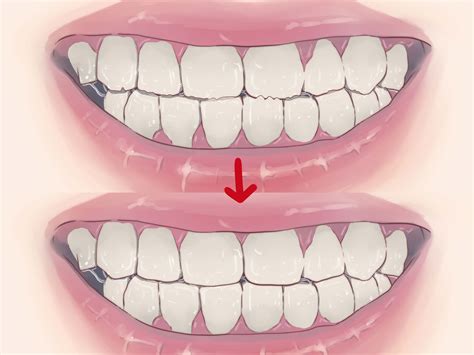Introduction
Bruxism, also known as teeth grinding at night, is a common and often involuntary condition that can lead to a range of oral and dental problems. Recent studies suggest that over 10% of adults in the United States currently suffer from bruxism. If left untreated, bruxism can cause significant pain, damage to teeth, and even sleep disturbances.

This comprehensive guide will provide you with essential information on how to stop grinding teeth at night, including the causes, symptoms, consequences, and effective treatment options. By following the strategies outlined in this article, you can break free from the debilitating effects of bruxism and enjoy a healthier smile and better sleep.
Causes of Teeth Grinding at Night
The exact cause of bruxism is not fully understood, but several factors are believed to contribute to its development. Some of the most common triggers include:
-
Stress: Stress and anxiety are major contributors to bruxism. When we experience stress, our bodies release hormones that can cause us to clench our jaws and grind our teeth.
-
Sleep disorders: People with sleep disorders, such as sleep apnea, are more likely to grind their teeth at night. This is because the airway becomes obstructed during sleep, causing the body to search for other ways to breathe, such as by clenching the jaw.
-
Medications: Certain medications, such as antidepressants and antipsychotics, can cause bruxism as a side effect.
-
Genetics: Bruxism can be hereditary, so if you have a family history of the condition, you may be more likely to develop it.
Symptoms of Teeth Grinding at Night
Teeth grinding can occur during the day or night, but it is most common during sleep. Some of the signs and symptoms of bruxism include:
-
Jaw pain: Bruxism can cause pain in the jaw muscles, jaw joints, and surrounding areas.
-
Tooth pain: Grinding teeth can damage the enamel, causing tooth pain and sensitivity.
-
Headaches: Severe bruxism can lead to tension headaches.
-
Earaches: In some cases, bruxism can cause earaches due to the pressure exerted on the jaw joint.
-
Sleep disturbances: Bruxism can disrupt sleep, leading to fatigue and daytime sleepiness.
Consequences of Teeth Grinding at Night
Untreated bruxism can have a range of negative consequences for oral and overall health. Some of the potential complications include:
-
Dental damage: Grinding teeth can wear down tooth enamel, leading to cavities, fractures, and even tooth loss.
-
Gum recession: Bruxism can cause gum recession, exposing sensitive tooth roots.
-
TMJ disorders: Grinding teeth can put excessive pressure on the temporomandibular joint (TMJ), leading to pain, stiffness, and restricted movement.
-
Sleep disorders: Bruxism can worsen sleep disorders, such as sleep apnea and insomnia.
Treatment Options for Teeth Grinding at Night
The goal of bruxism treatment is to prevent or minimize tooth damage and reduce symptoms. There are a variety of treatment options available, depending on the severity of the condition and the underlying causes.
1. Oral Appliances
-
Nightguards: Nightguards are custom-made mouthpieces that fit over the teeth to create a barrier between the upper and lower teeth. They help protect teeth from damage and reduce the force of grinding.
-
Splints: Splints are similar to nightguards, but they are designed to hold the jaw in a specific position to prevent clenching and grinding.
2. Behavioral Therapies
-
Stress management: Stress is a major trigger for bruxism, so learning effective stress management techniques, such as relaxation exercises, meditation, and yoga, can help reduce grinding.
-
Sleep hygiene: Establishing good sleep habits, such as going to bed and waking up at the same time each day and avoiding caffeine and alcohol before bed, can promote restful sleep and reduce bruxism.
3. Medications
-
Muscle relaxants: Muscle relaxants can be prescribed to reduce muscle tension and prevent clenching and grinding.
-
Botox injections: Botox injections can be used to temporarily paralyze the muscles that control jaw movements, reducing the force of grinding.
4. Surgery
- **Coro
















